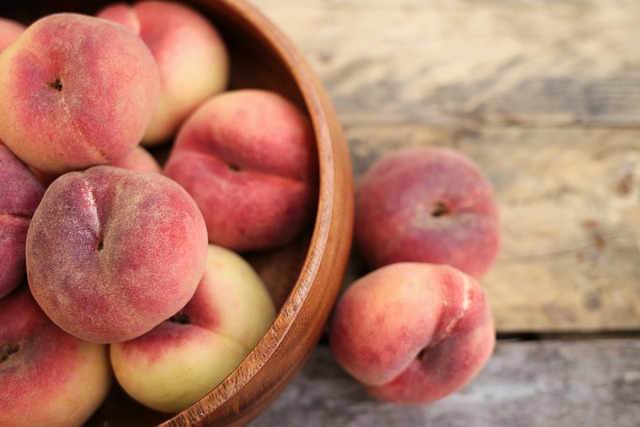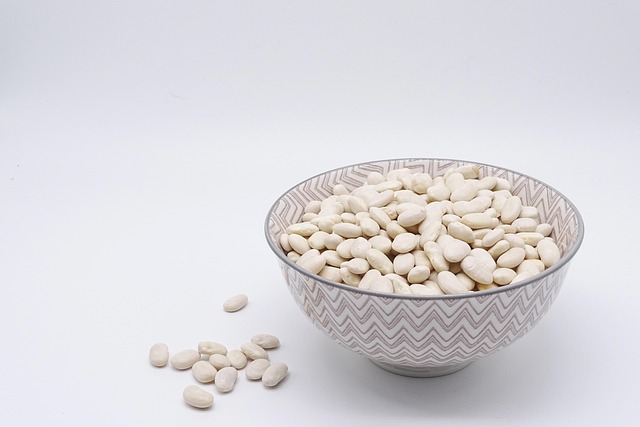The Importance of Fiber in Your Diet
In a world where healthy living is becoming more of a priority for many, the role of fiber in our diet cannot be overstated. Often overlooked, fiber is not just an unassuming nutrient; it’s a powerhouse that can transform both our health and our daily habits. Understanding the benefits of fiber is essential for anyone seeking to maintain a healthy lifestyle and nutrition.
Understanding Fiber
Fiber is a type of carbohydrate that your body can’t digest. Unlike other carbs that are broken down into sugar molecules, fiber cannot be digested by your body, which means it helps to keep your digestive system running smoothly. There are two types of dietary fiber: soluble and insoluble. Soluble fiber dissolves in water, helping to lower blood cholesterol and glucose levels, while insoluble fiber adds bulk to your stool, making it easier to pass. Both are vital for a healthy diet.
The Role of Fiber in a Healthy Lifestyle
Incorporating fiber into your meals is a simple yet effective way to enhance your overall health. A diet rich in fiber can lead to a myriad of benefits, including
- Improved Digestion: Fiber helps to promote regular bowel movements and prevents constipation, ensuring that your digestive system functions efficiently.
- Weight Management: High-fiber foods tend to be more filling than their low-fiber counterparts, which can aid in controlling your appetite and reducing overeating.
- Heart Health: Soluble fiber can help lower cholesterol levels, thus reducing the risk of heart disease.
- Blood Sugar Control: Fiber slows down digestion, which can help stabilize blood sugar levels, making it a vital aspect for those managing diabetes.
Incorporating More Fiber into Your Nutrition
Boosting your fiber intake doesn’t have to be complicated. Here are some easy ways to include more fiber in your diet:
- Start your day with a hearty bowl of oatmeal topped with fruits and nuts.
- Snack on fruits, vegetables, or whole grain crackers instead of processed snacks.
- Choose whole grain bread and pasta instead of white versions.
- Add legumes and beans to salads, soups, or stews.
Making these small adjustments can lead to significant improvements in your health and well-being. Remember that when increasing fiber in your diet, it’s essential to do so gradually and to drink plenty of water to help the fiber do its job effectively.
As you embark on your journey toward a healthier lifestyle, don’t underestimate the power of fiber. Not only does it support bodily functions and keep you feeling full, but it also promotes long-term wellness. By embracing fiber-rich foods, you’re not just choosing a nutrient; you’re choosing a path towards a healthier and more vibrant life.




